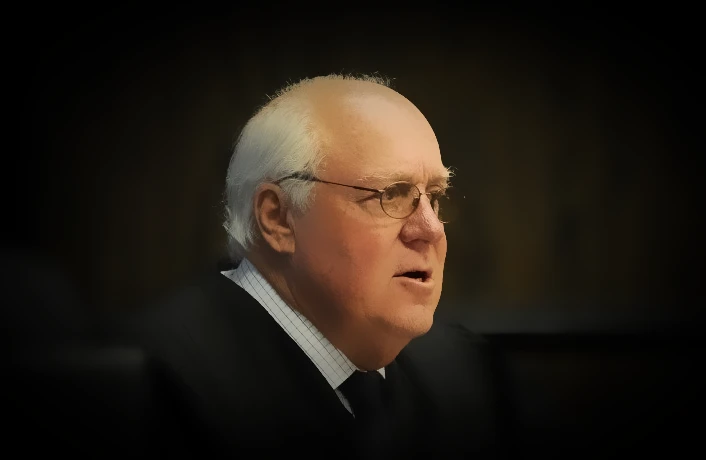Court of Appeal: Judge Proud Erred in Including Husband of Defendant in Civil Restraining Order
(MetNews Staff Writer)
PLACERVILLE, CALIFORNIA, June 9, 2022 — A judge, in granting a civil harassment restraining order against a woman whose antics included using a tractor-trailer to shovel large amounts of donkey manure onto her neighbors’ property, acted in contravention of her husband’s procedural due process rights by including him in a prohibition even though he was not named as a defendant, the Third District Court of Appeal has held.
The plaintiffs, Dustin and Toni Zierold, sought the order against Leigh Bacco and not her spouse, Matt Scribner. The couples have adjoining properties in the small town of Cool in El Dorado County.
The Zierolds alleged that Bacco had made loud noises to spook their horses while being ridden, reported that a dog purportedly belonging to them was bothering her livestock when the dog wasn’t theirs, and taunted them while they were conducting a memorial service for a horse. They also complained that Bacco, a nurse, had falsely reported to the employer of Dustin Zierold, a surgeon, that he had violated a patient’s privacy rights.
‘Practical Matter’
At the hearing on the application for an order pursuant to Code of Civil Procedure §527.6, El Dorado Superior Court Judge Daniel B. Proud said, “I think as a practical matter we need to include her husband” in the order “because we received evidence that her husband acting on her behalf has reached out to” Dustin Zierold’s employer.
One provision of the order was:
“The Scribners are not to intentionally cause debris of any kind, including manure, to go on the Zierolds’ property.”
Hull’s Opinion
In an opinion filed May 19 and certified for publication on Monday, the order was reversed to the extent that it applies to Scribner. Justice Harry E. Hull Jr. said (identifying the parties by initials):
“Here, M.S. was not identified as a party to be restrained in D.Z.’s petition, and the content of the petition and accompanying declaration gave no indication that (a) M.S.’s behavior would be at issue at the hearing, or (b) that the hearing would result in an order expressly prohibiting certain actions on his part. While the order might not identify M.S. may as the ‘Restrained Person,’ and the prohibition it places on his conduct is seemingly minor, as worded, the order is still a formal order of which M.S. might run afoul, independent of any action or influence of his wife. The result is that, in the future, should it be alleged that M.S. has intentionally caused ‘debris of any kind’—not just piles of donkey manure—’to go onto the [Z.s’] property’ he will face potentially harsher consequences than if the order did not exist….This was a violation of M.S.’s right to due process.”
Hull rejected Bacco’s contention that her right to due process was violated by virtue of Dustin Zierold and his witnesses appearing via video conferencing while she appeared by telephone, saying that the argument was forfeited because it was not raised at the hearing.
The case is D.Z. v. L.B., 2022 S.O.S. 2434.
Copyright 2022, Metropolitan News Company
